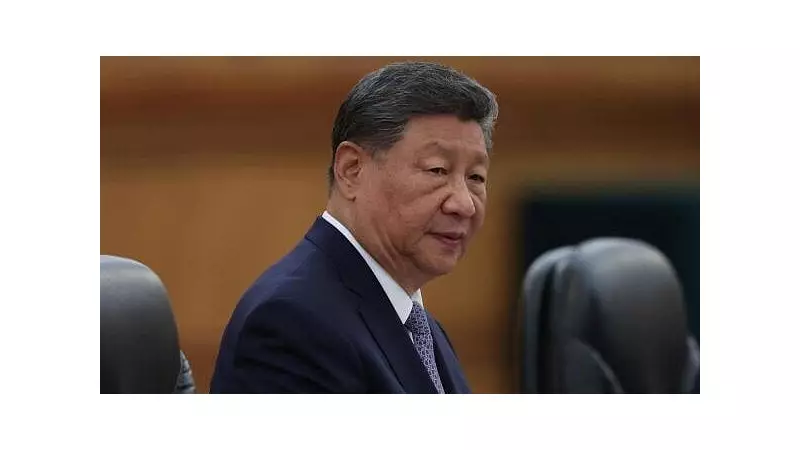
The highly anticipated Fourth Plenum of China's Communist Party has concluded, revealing significant political undercurrents and mounting economic pressures that could redefine the nation's trajectory. This closed-door gathering of top party officials typically sets the tone for China's policy direction, but this year's meeting carries exceptional weight amid growing internal and external challenges.
Political Landscape in Flux
Observers note unusual delays in announcing the plenum's dates, suggesting intense behind-the-scenes negotiations among party factions. The extended timeline indicates potential disagreements over leadership approaches and policy priorities. This political maneuvering occurs as President Xi Jinping faces one of his most testing periods since assuming power.
The plenum's agenda focused heavily on party discipline and ideological unity, emphasizing the need to maintain strict control amid economic headwinds. However, the absence of concrete announcements about major reforms has left many analysts questioning the leadership's capacity to address deepening structural issues.
Economic Storm Clouds Gather
China's economic challenges form the critical backdrop to these political discussions. The world's second-largest economy confronts multiple threats:
- Property market crisis: The massive real estate downturn continues to weigh heavily on growth prospects
- Youth unemployment: Record high joblessness among young graduates threatens social stability
- Local government debt: Mounting municipal debts create systemic financial risks
- Trade tensions: Ongoing disputes with Western nations hamper export growth
These economic pressures have forced the leadership to balance reform imperatives against maintaining social stability—a delicate tightrope walk that appears to be causing policy paralysis.
Leadership Under Scrutiny
President Xi's consolidation of power faces its sternest test yet. The plenum provided few clear signals about how the leadership plans to navigate the current challenges. Some experts interpret the cautious approach as reflecting divisions within the party elite about the best path forward.
The emphasis on party discipline and ideological purity suggests a preference for political control over bold economic reforms. This conservative tilt raises questions about China's ability to implement the transformative changes needed to address its economic slowdown.
Global Implications
As China grapples with these internal challenges, the international community watches closely. The outcomes of these political deliberations will influence everything from global supply chains to climate change initiatives and international security arrangements.
The plenum's conclusions—or lack thereof—suggest that China may prioritize internal stability over global engagement in the coming months, potentially creating new uncertainties for international markets and diplomatic relations.





